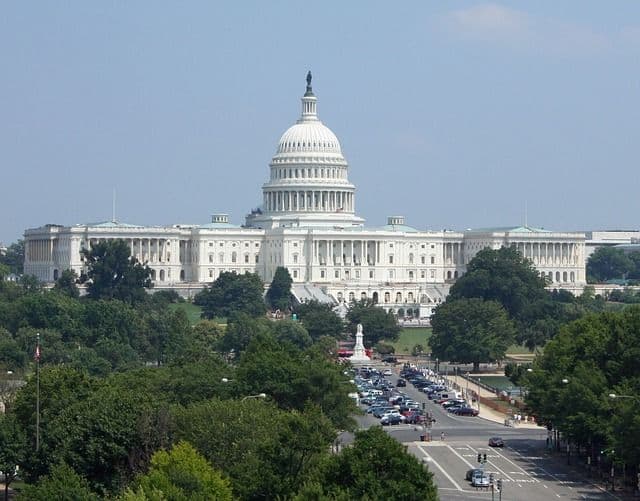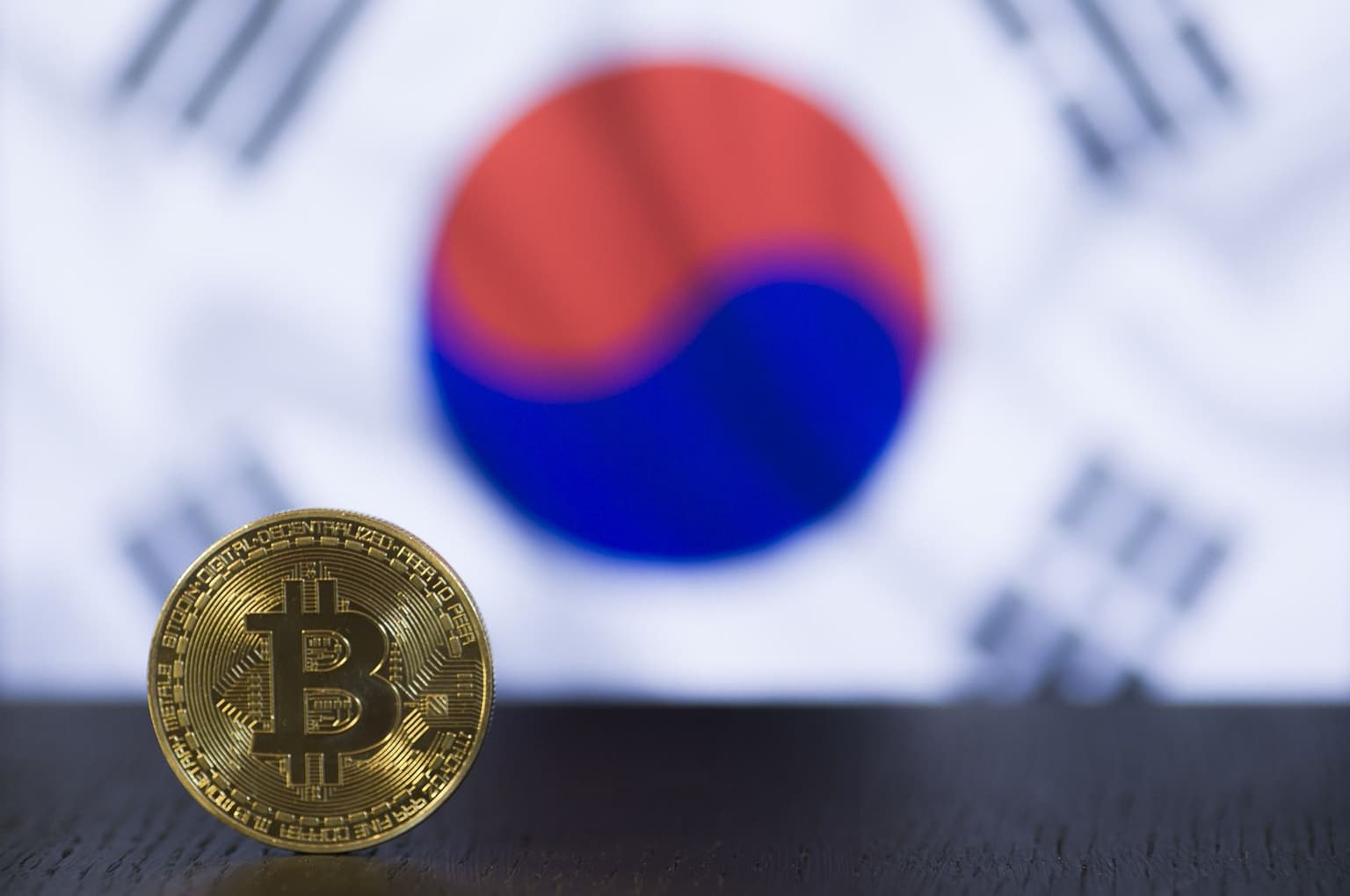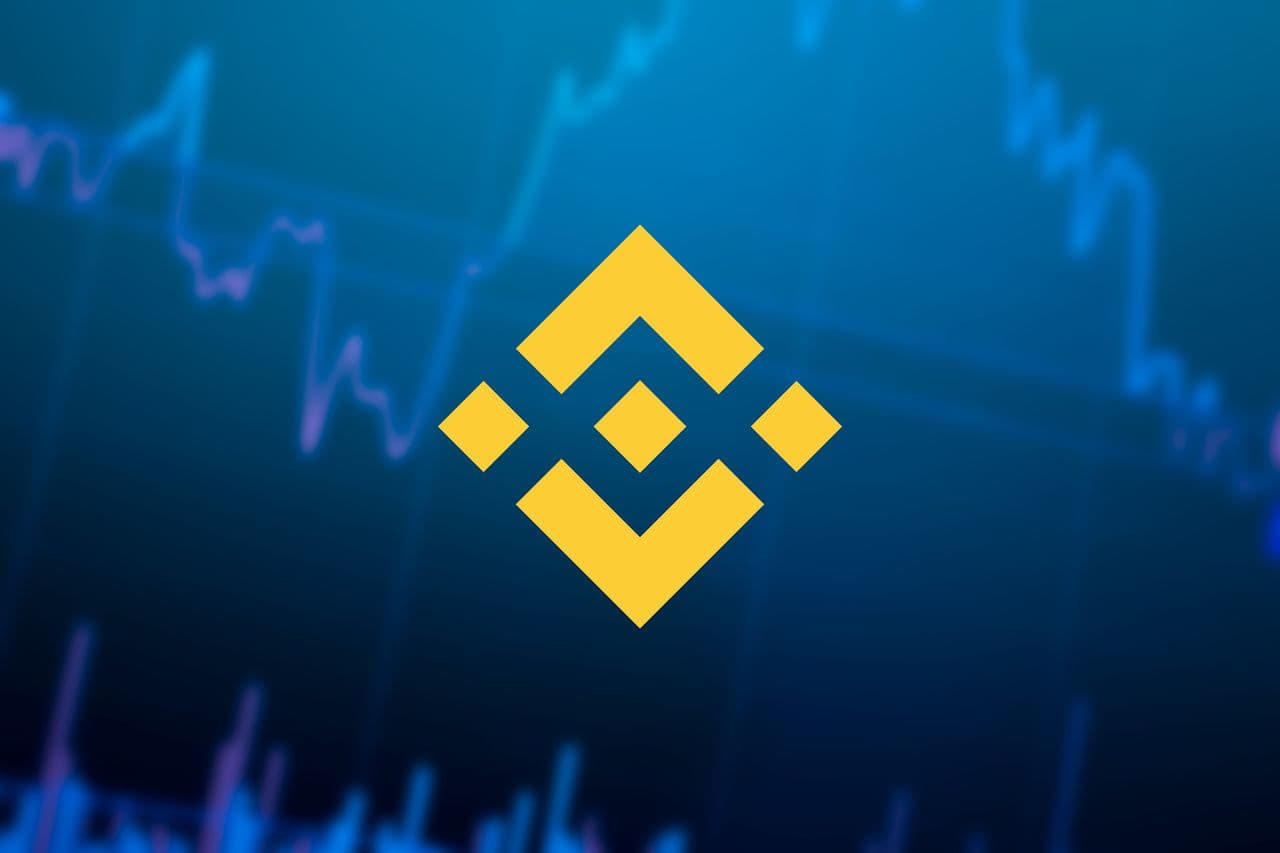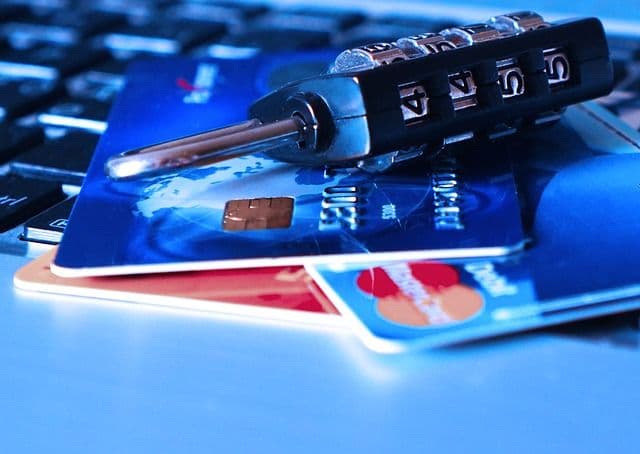Exchange Standards Revised in Japan
The Japanese Financial Services Industry created five criteria for exchanges to meet. Operations will be visited in person by officials from the FSA, and will need to submit paperwork detailing how they have ensured new security measures to meet the exchange standards.

The Japanese Financial Services Industry created five criteria for exchanges to meet. Operations will be visited in person by officials from the FSA, and will need to submit paperwork detailing how they have ensured new security measures to meet the exchange standards.
The main purpose is to give the FSA the capacity to “perform a detailed assessment and identify potential risks in advance.” The five issues covered are wallet security, Know-Your-Customer adaptations, Customer asset management vs Exchange asset management, privacy coins and insider trading prevention.
These more strict regulations have been made in light of the Coincheck hack just four months ago where $531 Million worth of NEM was stolen. Japan has developed the new criteria safeguard such events from happening in the future, as well as protecting the consumer from exchanges themselves.
The new framework must be implemented in all exchanges, whether they are currently in operation or in planning stages.
Exchanges cannot store cryptocurrencies in any form connected to the internet, i.e. hot wallets. A massive capacity of cold wallets will need to be established (possibly smart notes?). They must also incorporate extra passkeys for transfers.
Know-Your-Customer methods need to be implemented for large transfers. Exchanges must work harder to prevent money laundering, by methods such as verifying customer identification.
Customer assets must be managed separately from exchange assets. Security checks will be in place against exchange operations themselves. They must maintain processes to keep their officers from using client money or virtual currencies.
Coins such as Monero will not likely make it through the new process in Japan – coins that grant a high level of anonymity and can be used for money laundering will be banned.
Exchanges need to separate shareholders from employees. System development positions will also be differentiated from asset management roles to keep employees from manipulating the system for their gain.
Currently, 16 government-approved exchanges exist in Japan. The FSA has not begun accepting new applications to pass the standards. They claim over 100 organizations are interest in doing so.
Many other countries around the world have been working on establishing similar regulations, such as in the EU. This will likely the be the start of more clear cut frameworks for cryptocurrency exchange policy.





























